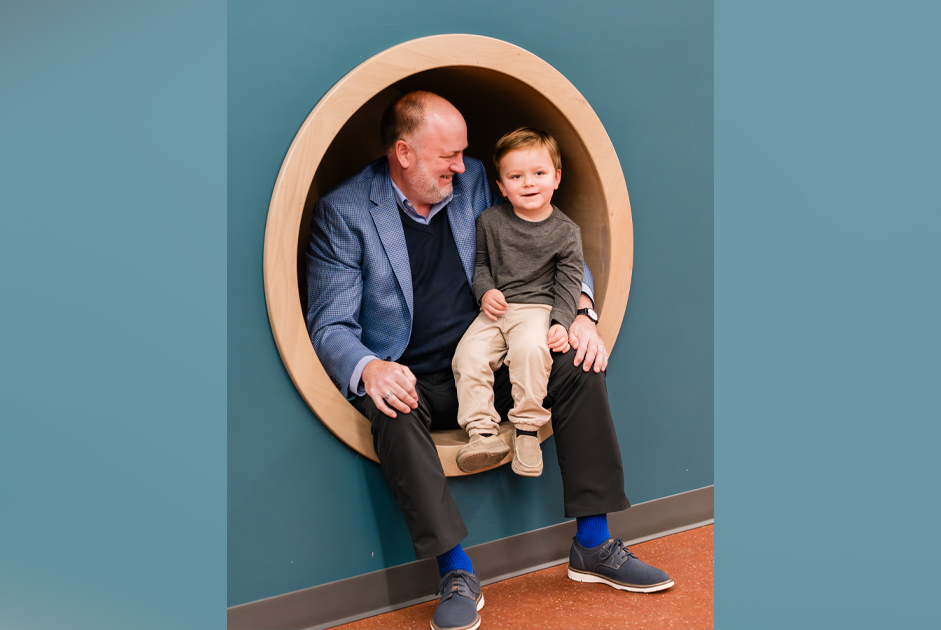“Take good care of yourself!” well-meaning friends and family say as they bid you goodbye…and you really do appreciate the sentiment, but you may be thinking, “Sure, I’ll get right on that, maybe sometime next year….”
So many of us tend to put our own care at the bottom of the priority list. We have children and partners who need us, aging family members who require a lot from us, work demands, volunteer obligations, friends who are going through difficult times, etc., etc. We realize (too late) that we may have taken on too much and feel there is no way out but to accept all the responsibility and do what is asked of us. To be there whenever we are needed. But what about our needs? How do we make sure we are taking care of ourselves when we are taking care of everyone else?
Research shows that the outlook for caregiving as it relates to health is troublesome. For example, a caregiving spouse between 65 and 95 who is experiencing emotional strain has a 60% higher chance of dying than people who are not acting as caregivers. Additionally, working adult children caring for their parents and also raising children are at an increased risk for depression, chronic illness, and a major decline in quality of life.
People of any age who are caring for someone, whether it be children, spouse or parents, are less likely (than non-caregivers) to keep up with preventative healthcare and practice regular self-care, such as exercise, getting enough sleep, eating nutritious foods, and resting when sick. Caregivers are also at an increased risk for high cholesterol, high blood pressure, and obesity.
We must make it a priority to ensure that caregivers are taking time for their own self-care. Here are some ways to get there:
Schedule self-care sessions
To be your best self and the best caregiver for the people you love, it’s so important to take responsibility for your own well-being and make sure your own needs are being met. If you need to put this time on the calendar, make sure to schedule self-care appointments to occur regularly.
Ask for and accept help from others
Many caregivers are hesitant to ask for help, and even when it’s offered, they decline. They may not wish to admit they can’t handle things on their own. However, knowing how to ask for help is essential for caregivers. People really do want to help! It’s just up to you as the caregiver to tell them how. Don’t wait until you are overwhelmed and exhausted. Reaching out for help when you need it is a sign of personal strength.
Learn to manage stress
Identify sources of stress. Do you have too much to do, family problems, financial concerns, your own health issues…or something else? Identify what you can and cannot change and think about ways to concentrate on what you can change. Even a small change can make a big difference. Taking action to reduce stress can give you back a sense of control. Identify stress reducers that work for you, like meditation, walking, spending time with a friend, or anything you enjoy that gives you peace.
Communicate Effectively
Being able to communicate effectively is one of a caregiver’s most essential tools. When you communicate in clear, concise, and productive ways, you will be listened to and most often get the results you desire.
Being a caregiver can be exhausting and demanding, and it is not at all selfish to focus on your own needs and care. Only you know what your true needs are; being able to speak up for yourself and get these needs met is critical to being at your best for anyone else who is depending on you. Make yourself a priority, stay healthy mentally and physically, and those in your care will thank you for it.



















